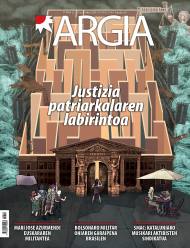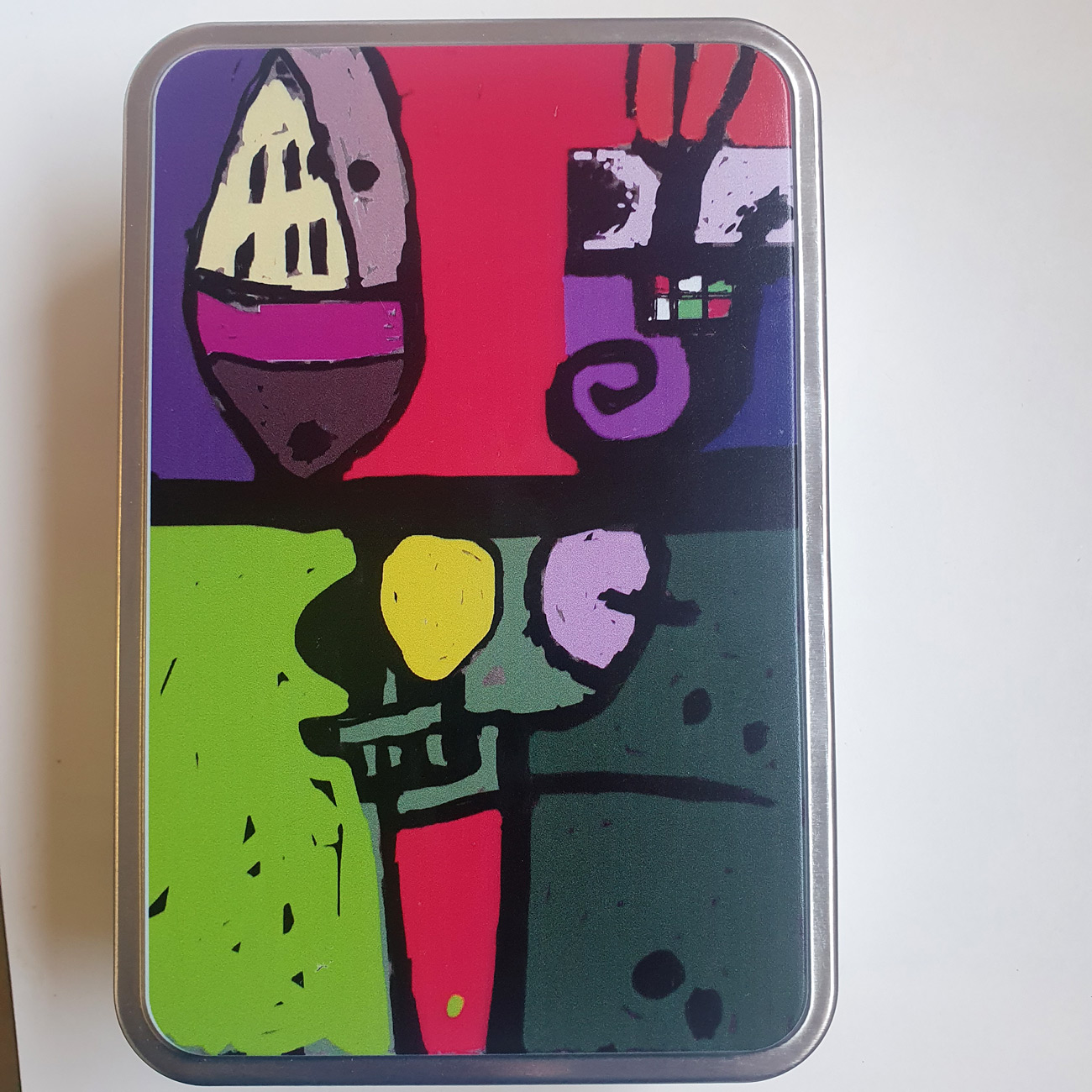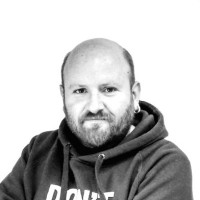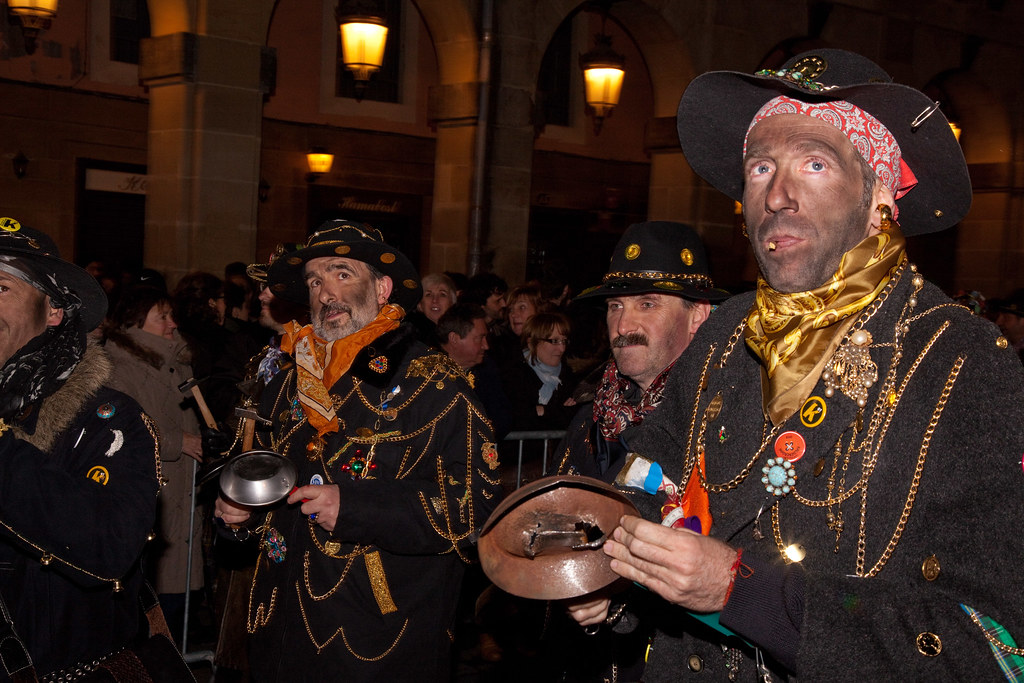Overdose of love
The Little Mermaid and Beauty and the Beast were my favorite little films. The little mermaid gives her voice in exchange for the promise to marry the blue prince. The Beautiful manages to humiliate the beast and resurrect the blue prince inside, as love dominates over obstacles.
(Note: The word domesticated has been searched by Elhuyar. Do you know the example given by this dictionary? “Although he was a man of a hard character, his wife has gradually given him away”)
The Little Mermaid taught us that by the promise of love we have to be willing to make any sacrifice. The Beautiful (and Elhuyar) we have to be able to reassure our man. There is a clear connection between sentimental education and the mechanisms of male violence we receive from young women.
When we approached feminism, we learned – as Kate Millet- that love is women’s opium and that to be free we have to end the blue prince. Looking back, we've realized that during adolescence we've spent many hours talking about boys, crying over the disappointments of the fake soldier, waiting for his call. And as we've grown up, when we've had the first "serious" relationships, we've given up too many projects to prioritize the relationship as a couple, and we've suffered too much assault or insolence from the beast.
We have therefore understood that we must deconstruct the ideology of romantic love so as not to fall back on those dynamics – or in the case of those of us who have turned to lesbianism, on the dynamics of the Bollodramans. And then we've started reading eleven books, attending eleven conferences, attending online courses at Coral Herrera Goméz.
Today I have had an epiphany: to reflect so much on love is not the solution, it is the trap.
When we approached feminism, we learned
– as Kate Millet- that love is women’s opium and that to be free we have to end the blue prince. (...) Today I have had an epiphany: thinking so much about love is not the solution, it is the trap
For the development of this epiphany, I have reread the interview that Maite Asensio conducted long ago to the anthropologist Mari Luz Esteban: “If there is something that makes us women, love has to be at our center, to be the central axis of our life. That's why I think we have to remove love from our center. Removing love from the center will inevitably change our identity as a woman.” (…) “I don’t mean taking away the love of life, but putting other things, balancing. (…) I believe that freedom is very important, justice, solidarity… We have to put at the same level the different forms of love; in this sense, I am concerned that friendship does not have the theoretical and political place it deserves, although in practice it is important.”
On the Pikara magazine route, most of the most read articles are about love. Of the columns that I wrote in ARGIA, the one that most echoed was mandarin (on the alternative of the orange medium paradigm). A feminist bookstore in my city announces a reading club about love and clarifies that they will not study the literary issue, but will limit themselves to discussing love. Why don't we organize a reading club to talk about friendship? This year’s Zinemakumeak festival has also been centred on romantic love. In this era of power of Bolsonaro, Salvini, Trump and Casado, how much are we debating about love in public space and the strengthening of the extreme right?
It is a contradiction that romantic love remains at the center of our feminist reflections to eradicate it from the center of our lives. Let us start by putting all that energy into other political priorities.
Bidali zure iritzi artikuluak iritzia@argia.eus helbide elektronikora
ARGIAk ez du zertan bat etorri artikuluen edukiarekin. Idatzien gehienezko luzera 4.500 karakterekoa da (espazioak barne). Idazkera aldetik gutxieneko zuzentasun bat beharrezkoa da: batetik, ARGIAk ezin du hartu zuzenketa sakona egiteko lanik; bestetik, egitekotan edukia nahi gabe aldatzeko arriskua dago. ARGIAk azaleko zuzenketak edo moldaketak egingo dizkie artikuluei, behar izanez gero.
Just as we experienced the flourishing of the Basque Country with the help of the artists, so that this time, taking advantage of their impulses, we continue to make our way together giving the necessary support to the Basque political prisoners, exiles and deportees
The... [+]
Epistemology, or theory of knowledge, is one of the main areas of philosophy, and throughout history there have been important debates about the limits and bases of our knowledge. Within this we find two powerful corridors that propose different ways of accessing knowledge: The... [+]
We learned this week that the Court of Getxo has closed the case of 4-year-old children from the Europa School. This leads us to ask: are the judicial, police, etc. authorities prepared to respond to the children’s requests? Are our children really protected when they are... [+]
Gure lurraldeetan eta bizitzetan sortzen diren behar, desio eta ekimenen inguruan gero eta gehiago entzuten dugu harreman eta proiektu publiko-komunitarioak landu beharraz, eta pozgarria da benetan, merkaturik gabeko gizarte antolaketarako ezinbesteko eredua baita. Baina... [+]
We have renewed the dialogue in the secretariat of the faculty, for the most auspicious: they are far away, for their enrollment, the times when only the students came. The trend has changed for a long time, and parents – most notably mothers – are taking an increasingly... [+]
The argument of a syllogism has three propositions, the last of which is necessarily deduced from the other two. It is with this deductive logic that I can analyze, for me, the long and traumatic socioecological conflict in Carpinteria that is taking place in Navarre.
The... [+]
I have recently worked in class on Etxahun Barkox’s beautiful and touching cobla. The bad guy! The afflictions of the house began because of the creation of the “praube with beauty”, but in seventeen years she had entered the sea of misfortune, having to abandon the girl... [+]
Azken egunak garrantzi handikoak izan dira Bartzelonan, etxebizitzaren aldeko mugimenduarentzat eta espekulatzaileen aurkako borrokarentzat. Urtarrilaren 28an, polizia-armada batek Raval auzoko Massana Zaharrari [zentro sozial okupatua] eraso egin zion goizaldean, aurrez abisatu... [+]
Zer jakin behar dut? Norekin erlazionatu behar dut? Non bizi behar dut? Ardura horiekin gabiltza gizakiok gure gizarteen baitan bizitza on baten ideia bizitzeko bidean. Ondo erantzuten ez badakigu, bazterretan geratuko garen beldurrez.
Joan den astean, kanpoan geratzearen... [+]
I don't want my daughter disguising herself as a Gypsy in the caldereros. I don’t want Gypsy children at my daughter’s school to dress up as Gypsies in caldereros. Because being a gypsy is not a disguise. Because being a gypsy is not a party that takes place once a year, with... [+]
The road goes by steps, and I learned a little while ago that it seems to have already begun. But people also want to learn to fill that sentence with content. Alone we could achieve little, maybe even resignation as soon as we started. Gathering huge crowds can also complicate... [+]
Ez zuen egoki jokatu, neurriak hartu behar ziren, bestela, ez dugu ikasten. Itxuraz, ez zen ohartzen egindakoaren inpaktuaz, normal jarraitzen zuen, batzuetan, ingurukoek baino itxura zoriontsuagoz. Gainera, altuegi hitz egiten du, hori ez zaio inori gustatzen. Darabiltzan... [+]
The Department of Education doesn't understand why public employees have gone on strike. He's got to ask the LAB Syndicate. This union signed an agreement with the department in April 2023. Two years later they have also called for a strike because, unlike the previous ones, the... [+]























